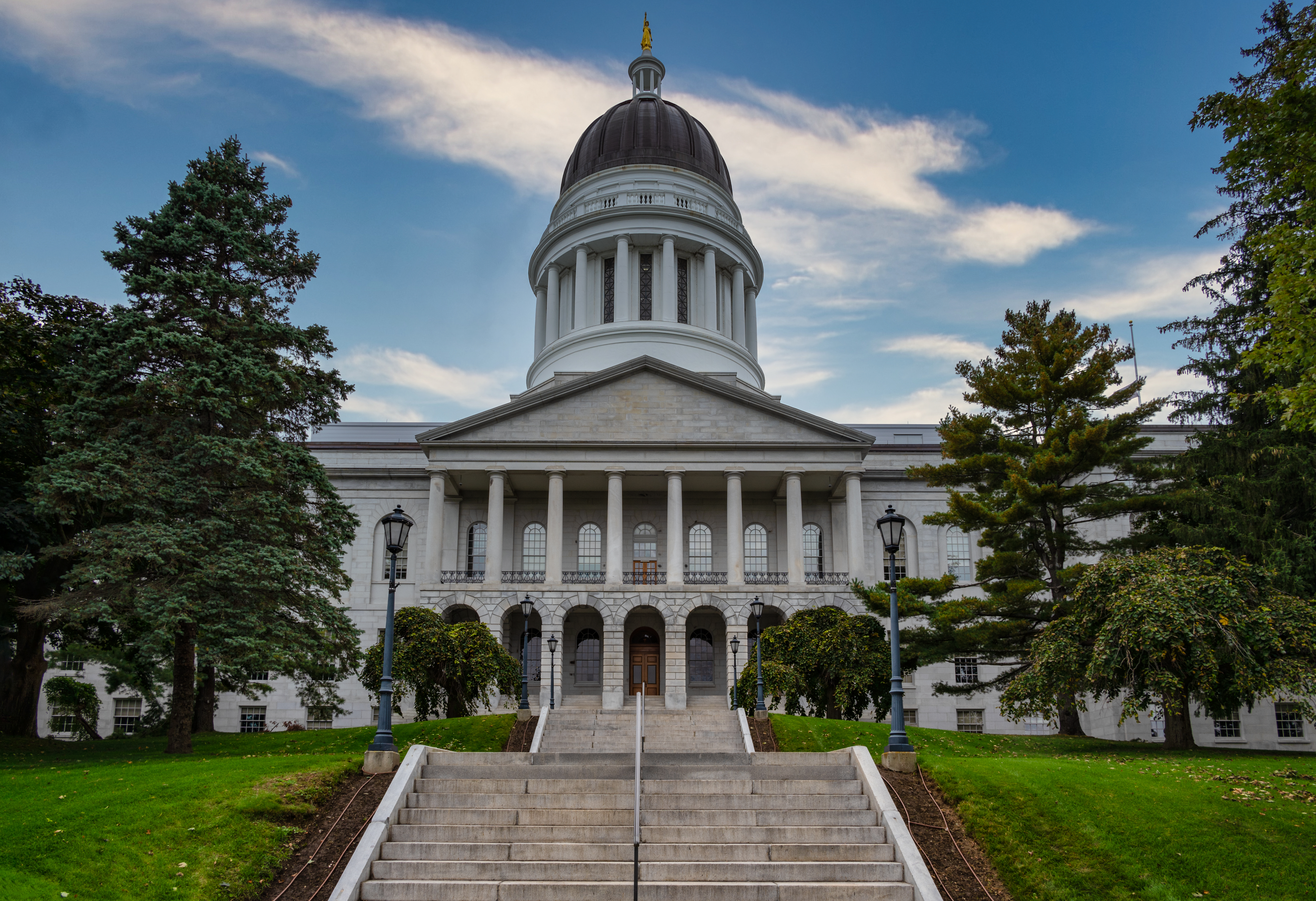Maine is observing a new holiday.
Monday marked the first Indigenous People's Day in the state after Maine lawmakers replaced Columbus Day in the spring.
Lawmakers had decided to rename the holiday that honored Christopher Columbus because of atrocities he and other European explorers committed. Maine tribal leaders say they hope the new holiday will lead to more understanding of the history and culture of the four tribes in Maine.
Monday morning, members of Maine's tribal nations held an event at the Maine Historical Society's headquarters in downtown Portland. With drums and prayer, they celebrated reclaiming a holiday and honoring a history that was not always joyful.
"I think the tone is always complicated," said Maulian Dana, a Penobscot Nation tribal ambassador. "We're constantly reminded of the effects of colonization and genocide, but by taking back the narrative of this day, shining a light on Indigenous People's Day, there's a beautiful truth and happiness in that."
Maine joins Vermont, New Mexico, Alaska, Minnesota, Oregon, Hawaii and South Dakota in passing similar laws, supplanting the holiday name that has been celebrated nationwide since 1937.
But it's not without some controversy in the Pine Tree State. While a majority of Maine state legislators approved the law, there was still substantial resistance to the change.
Over the weekend, a number of social media posts about Indigenous People's Day attracted comments critical of the new holiday or expressing frustration that Columbus Day was no longer going to be observed.
Politicians have also made less-than-approving statements, like Waterville Mayor Nick Isgro, who declared Monday to be Columbus Day despite the law change.
Maine
The latest news from around the state
"Change is always difficult for some people," said Benjamin Collings, the Maine state representative who sponsored the Indigenous People's Day legislation.
"The fact is, it's a state law, some people want to make this a political issue to benefit themselves and have supporters all juiced up. To me it's irrelevant, someone could call this any day they want," he said.
The day's supporters argue it's about much more than semantics, is not meant to dishonor Italian-Americans and in Maine has special significance after years of tension between the state's government and tribal nations.
Changing the holiday provides a point to reset strained relationships, they say.
"This gets both parties in the room to sit down and do some meaningful change," Collings said.
"I hope it's a really good starting point for relationships between all our communities in Maine," Dana said.
The Associated Press contributed to this report.



